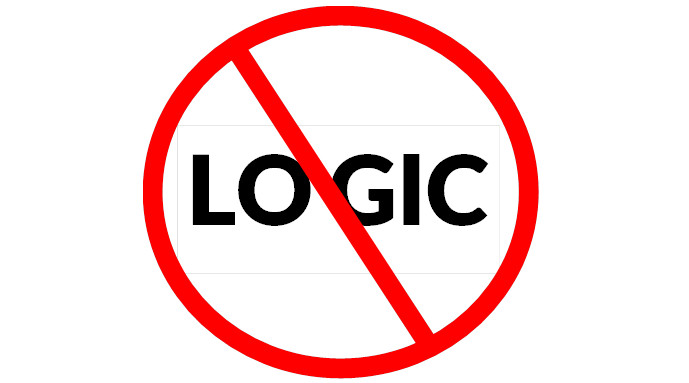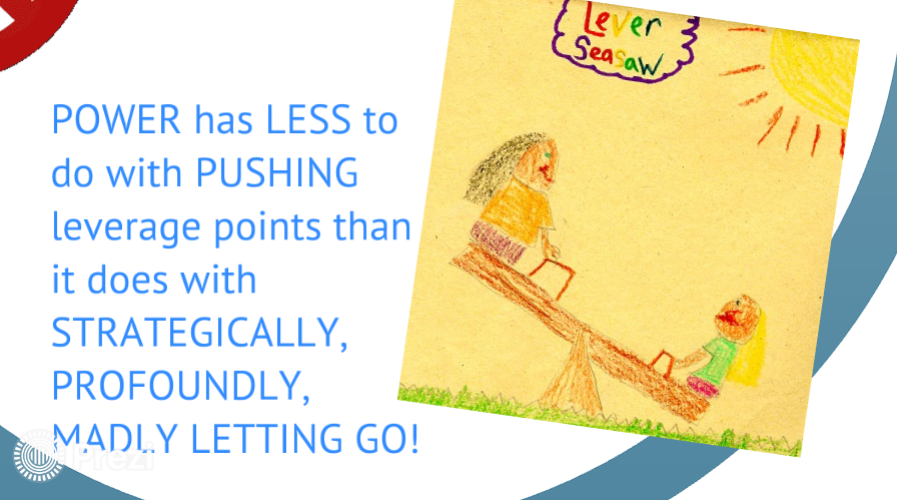Leigh Baker | October 26, 2015
Darren Pearson of Diversified Property Group started as a conventional property developer building project homes. He’s become a “stealth player”, integrating products from leading edge innovators to deliver smarter, greener homes in Sydney, Australia.
Pearson credits his mid-course correction primarily to two people:
- His small daughter
- A Harvard professor in his global business group
His daughter stopped speaking to him when she found out his company was knocking down all the trees on their conventional developments.
He told the story to the Harvard professor – and she challenged him to do more than survive the global financial crisis. She wanted to know what he was doing to actively make the world a better place.
These key influencers shifted his thinking, and started him and his multi-generation family business – on their own “mid-course correction”.
Today, DPG builds highly sustainable houses that sell themselves – because of their comfort and quiet.
The persuasion game isn’t about logic…
Recently, a global campaigner for sustainability announced that he was going back to pushing the fear button, not just talking about the very real benefits and advantages of sustainability. ‘
He may be right – that we need the stick as well as the carrot in creating behaviour change.
However, I’m not convinced of the usefulness of unrelieved fear – because it hasn’t achieved a whole lot of engagement in the last 50 years. Plus, the research on Learned Helplessness tells us that”
“The perception that one cannot control the situation essentially elicits a passive response to the harm that is occurring.”
Learned Helplessness, Psychology Today
Emotions DO matter – but which ones?
What I am convinced of is that influencing is a game of emotional intelligence.
Whichever way we message, it’s worth letting go of the worn out assumption that “business is rational”. To me, we’ll get a lot further when we study smart entrepreneurs and find out their core motivators and underlying values.
Who’s the smartest entrepreneur in your world? Who does that person listen to as being important?
How could you go about influencing them more effectively if you gave up on “logic”? Would you get more mileage out of your sustainability efforts if you focused on what would hook their emotions into the opportunity side of sustainability?








